Posted January 5, 2015 by in Reviews / 0 Comments
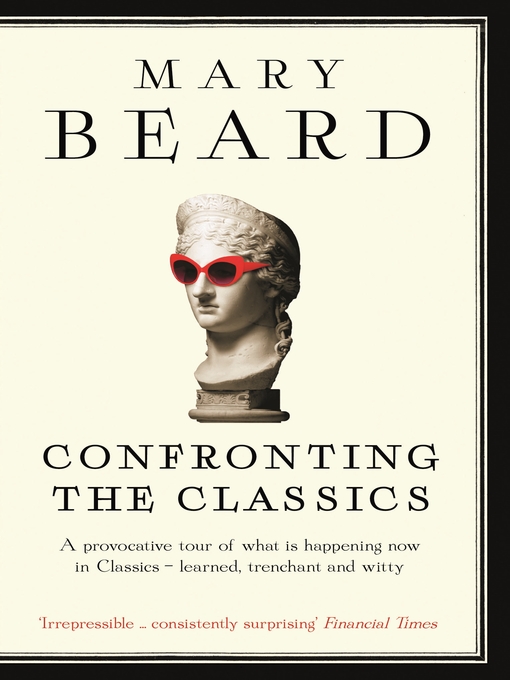 Confronting the Classics, Mary Beard
Confronting the Classics, Mary Beard
I enjoyed Mary Beard’s book on Pompeii, and I think I’ve read a couple of others, or at least seen her work cited. She’s always struck me as pretty level headed, unlikely to get carried away with conjectures, so I wasn’t really surprised by the fairly sceptical tone of most of these reviews (though I did begin to wonder if anyone, anywhere, could produce work she’d give the green light). It’s a little odd reading a book of essays that are adapted (I’m not sure how much they’ve been changed) from reviews of particular books: some of them seemed very disconnected from the books they purportedly reviewed, which worked fine in this context, but seemed a bit odd when she did start discussing the books.
It’s not just criticism of other people’s theories, although there’s a lot of it there: there’s a general survey of the literature, some discussion of issues that the study of the classics faces in general, some windows into little bits of history.
Mostly, though… it is a book about other books; a rather disparate collection, however much I might want more. The essays are fine, and I did enjoy reading it, but I didn’t feel like I really learned anything new. Just what not to believe!
Rating: 3/5
Tags: book reviews, books, non-fiction
Posted January 3, 2015 by in Reviews / 0 Comments
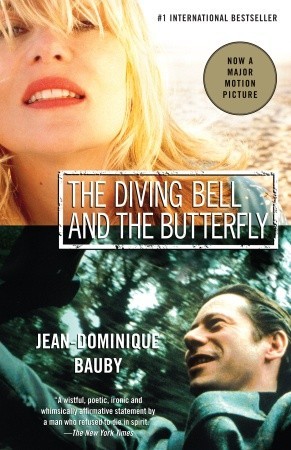 The Diving Bell and the Butterfly, Jean-Dominique Bauby
The Diving Bell and the Butterfly, Jean-Dominique Bauby
When reviewing a book like this, do you consider the sheer effort that went into this? Every word of this was written by dictation — by Bauby blinking when the right letter came up, one letter at a time. We’re told he could only blink one eye (though that seems odd when elsewhere he mentions that he can move his head a little). Every word of this is from a strange world where the speaker can no longer move, no longer do anything physical voluntarily. All he had were his thoughts: were they worth all this effort? Can you talk about it being worth it?
I was actually recommended this when I did a Coursera course about neurobiology, and the lecturer was quite enthused. Certainly, it’s an interesting window into what it would be like to be locked in: sometimes, Bauby’s descriptions are perfect, both of the world only he can know and of the world that he lost. The feelings, the gamut of expectations, fears, depression…
At other times, the writing does seem stilted, self-pitying, or just plain away with the fairies. That’s not to belittle Bauby’s achievement, or speak ill of the dead, or anything like that. In part, I suspect some of that is because I can’t see how he could possibly have edited the book effectively. That would have to be done by others, or not done at all — where do you risk cutting a word, trimming a sentence? How could you add something he didn’t say?
And then there’s the fact that this was made into a film, and the book I read was the movie tie-in edition. That seems to make light of the whole situation, and makes me wonder things like: who gets the profits? I hope it was the charitable endeavours Bauby himself got involved with.
Rating: 3/5
Tags: book reviews, books, non-fiction
Posted January 3, 2015 by in General / 28 Comments
With my book-buying resolutions just coming into force, this might be the busiest Stacking the Shelves post you’re gonna see from me in a while. On the other hand, I am now in charge of acquiring books for my library, so surely it won’t count if I just buy one or two or three for them…
Okay, okay, I’ll be good.
Library books
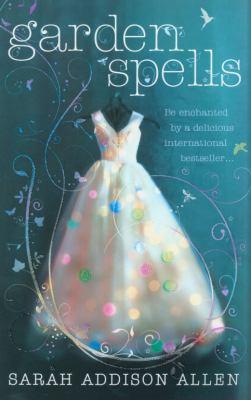
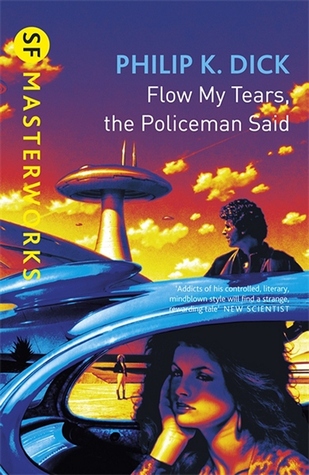
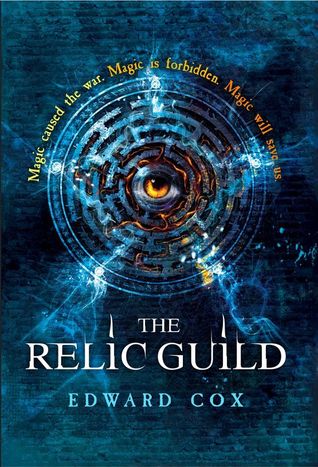
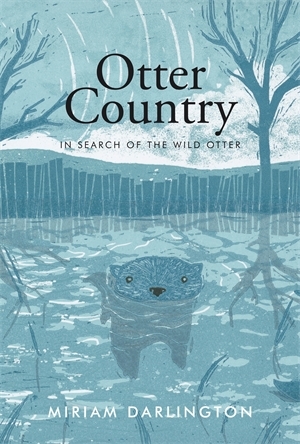

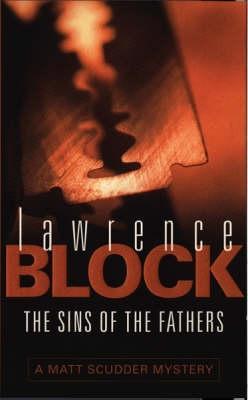
My usual odd mix — I’m not sure why I’m so drawn to nature writing at the moment, but hey, I’ll go with it.
Fiction

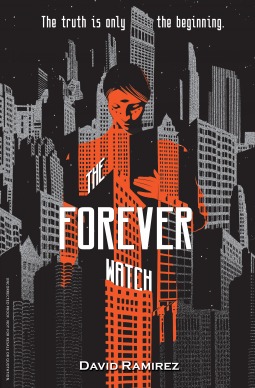
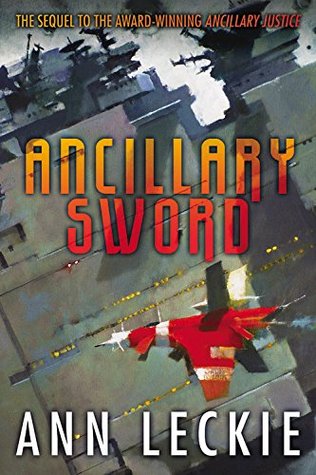
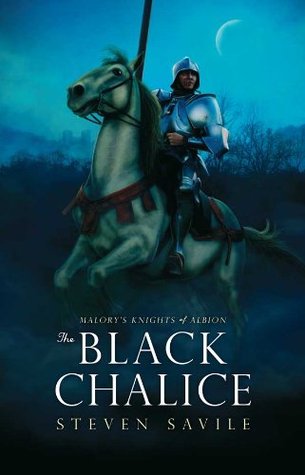
There were sales! And I still had a voucher! And it wasn’t January yet!
Non-fiction
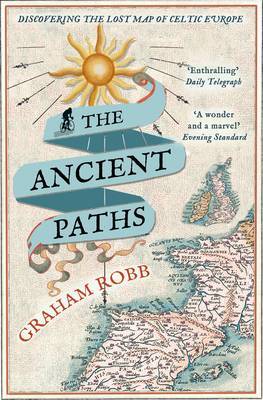
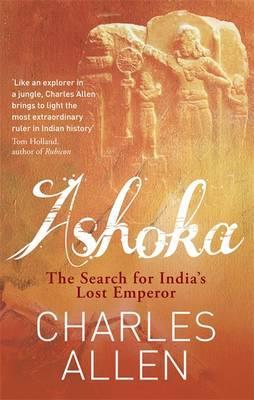
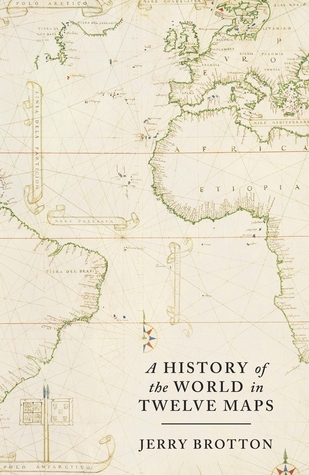
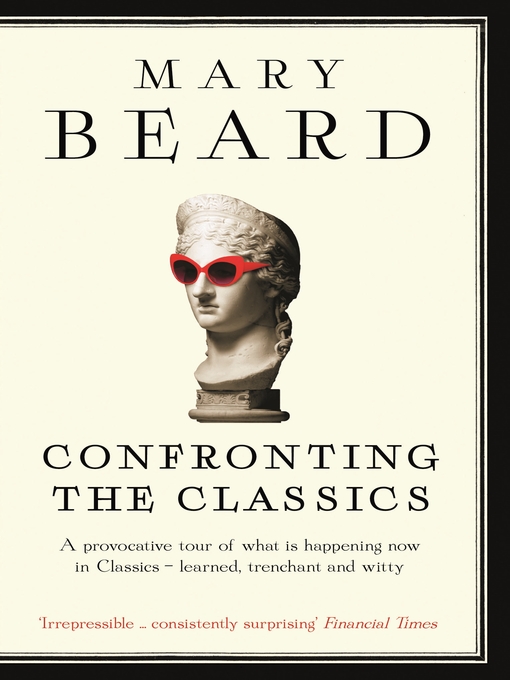
Pretty much all of these were bought with gift vouchers. I’ve read bad things about The Ancient Paths now, but it might be interesting anyway.
Awesome
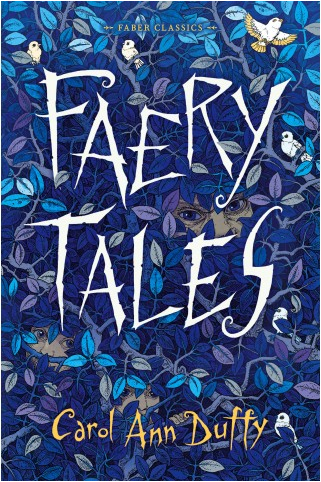
Gift from my aunt for Christmas. <3 Look at that pretty cover! I had no idea this was even coming out until just before Christmas, but it’s Carol Ann Duffy, soooo. Yeah. Happy.
What’s everyone else been getting? Been breaking your 2015 bookish resolutions already?
Tags: books, Carol Ann Duffy, non-fiction, Stacking the Shelves
Posted December 30, 2014 by in Reviews / 2 Comments
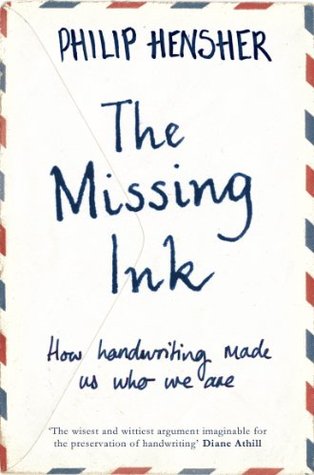 The Missing Ink, Philip Hensher
The Missing Ink, Philip Hensher
I wanted to like this, not least because I bought my mother a hardback copy a while ago because of her interest in all things pen, ink and handwriting. However, after spending most of my time reading it constructing a properly scathing review — if you’re going to complain about someone’s grammar, try not doing so by saying they know “eff-all”; don’t disagree with people just by calling their opinion “crap”; some diversity of vocabulary in general would be nice, you hypocritical snob — I decided I’d just gently put it down. It doesn’t help that I’m very much not the right audience: you can’t get someone to join in a funeral dirge for a lost art of handwriting when they write notes on paper to their grandmother nearly every morning, letters to their mother semi-regularly, keep their accounts in red pen in a book, and own at least a dozen fountain pens.
It doesn’t help that my mother writes and receives several handwritten letters a day, handwrites her diary, and is a moderator at The Fountain Pen Network.
A lot of what he says is true. Typing is taking over; a text may be more convenient than a hand-written note; teachers probably don’t spend a few lessons a week on handwriting. Still, a friend of mine who’s going to be a teacher is carefully trying to improve her handwriting to set a better example; I have two boxes full of letters between me and my partner, me and my parents, me and various friends, etc, etc. I think he’s seeing a confirmation bias: he wants handwriting to be a lost art, so he finds the evidence he’s looking for — and is a snob along the way about grammar and vocabulary, while his is itself pretty woeful.
Plus, if he could’ve avoided snide comments about butch hairstyles and fat girls with “obese handwriting”, I might’ve liked him better.
Rating: 1/5
Tags: book reviews, books, non-fiction
Posted December 29, 2014 by in Reviews / 0 Comments
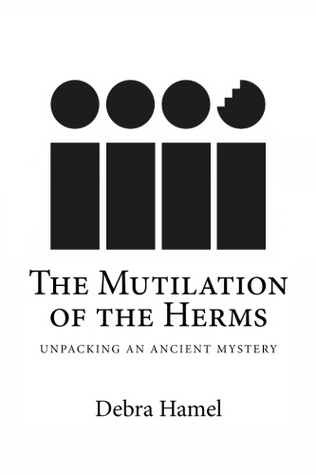 The Mutilation of the Herms, Debra Hamel
The Mutilation of the Herms, Debra Hamel
This is a short ebook which summarises the written evidence about a curious event that happened in Athens in 415 BC. It might be tempting to dismiss the mutilated statues of Hermes as a drunken prank, but the people of Athens took it extremely seriously. It’s important to remember that at that time religion was a big part of life; it isn’t just like a gang going round and defacing images of Christ, which seems in poor taste but not (for most people) much of a threat. More like a nuisance. But people were executed for involvement with the mutilation of the Herms, and a related issue involving the Eleusinian Mysteries.
This is more summary of the evidence than analysis, but it’s accessible and (to someone like me who will dip into all sorts of random areas of knowledge, at least) interesting. It’s a mystery that still exercises the minds of classical scholars: why mutilate the Herms? Was it just a prank? Was it a political statement? To me, given the issues with performances of the Eleusinian Mysteries for the uninitiated that were happening at the time, it seems to be linked to a more religious than political kind of unrest, but of course the two were more deeply linked then…
All in all, I suspect Debra Hamel and other classicists are more likely to solve the mystery than people reading a short ebook on it, so perhaps I should keep my opinions to myself. But it is interesting to read about, and this ebook made it accessible for anyone, with plenty of information on where to follow up for those who want to go to the sources or read other analyses.
Rating: 4/5
Tags: book reviews, books, non-fiction
Posted December 27, 2014 by in General / 24 Comments
Or, Stacking the Shelves: The Christmas Edition! I think I’ve probably had similarly large hauls before, but still… I had a very good Christmas, and if I could just tear myself away from my new game (Final Fantasy Theatrhythm: Curtain Call), I’ll show you all the details. Plus my giant literary giraffe, a gift from my dad.
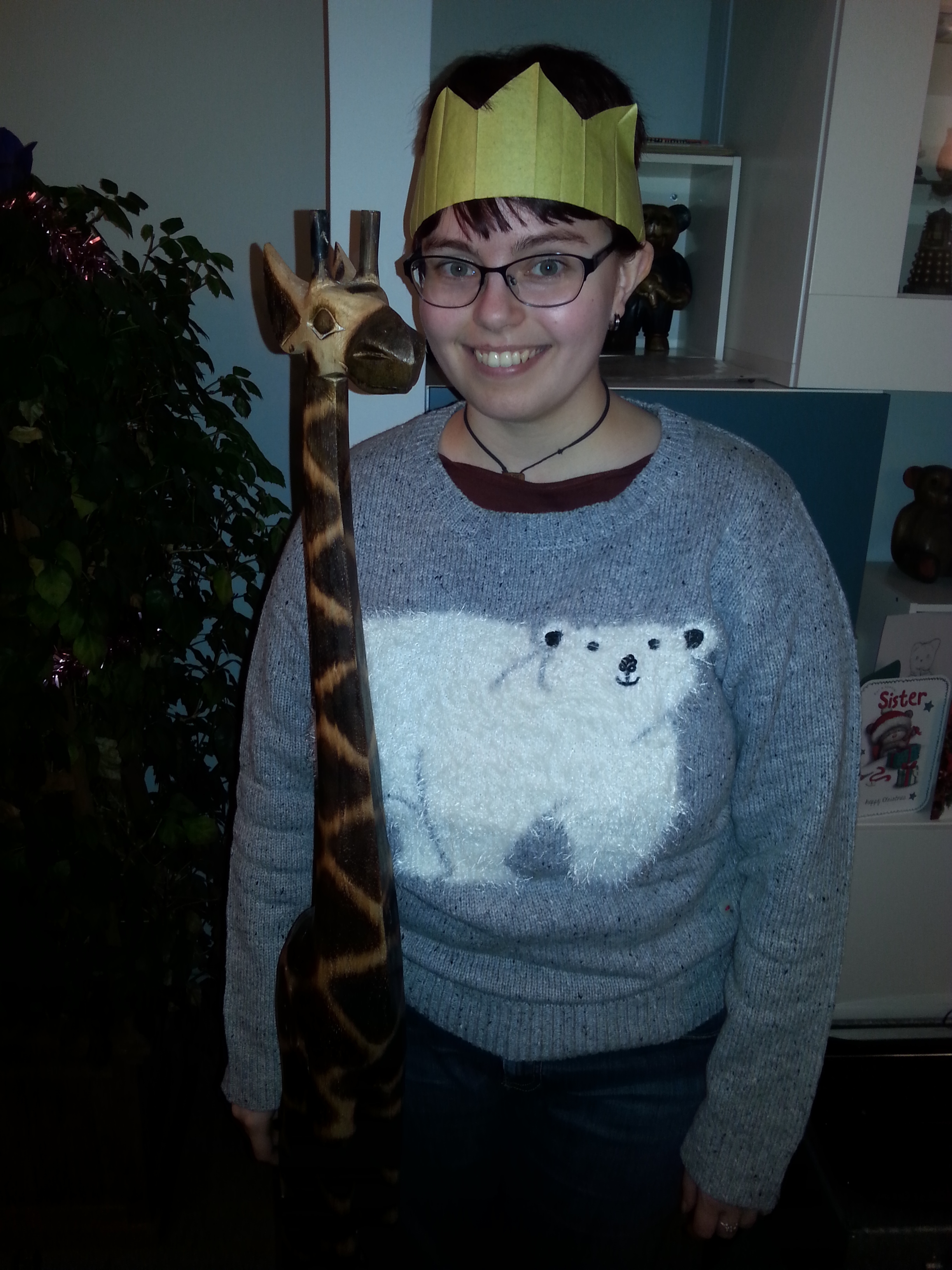
His name is Charles Parker, after Lord Peter’s best friend.
He turns up when you least expect it.
Turn around…
So yeah, that was a Christmas. And this is a haul…
Comics
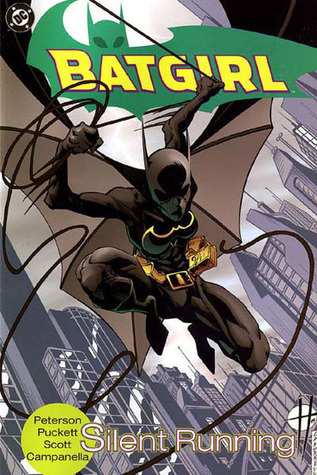
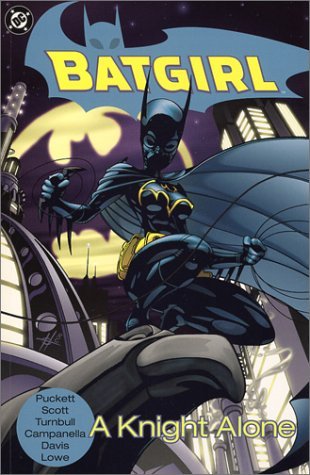
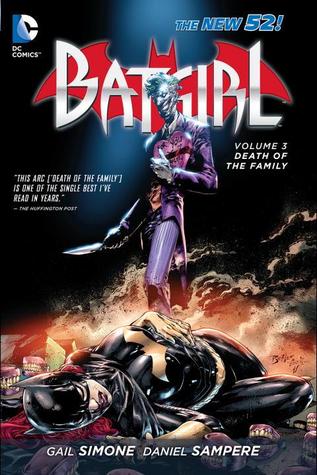
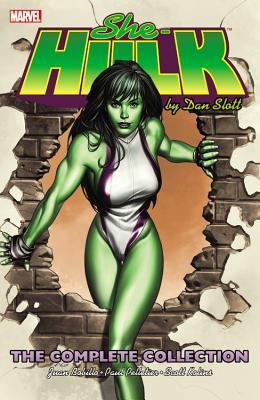
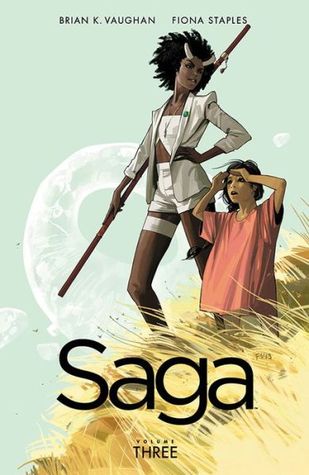
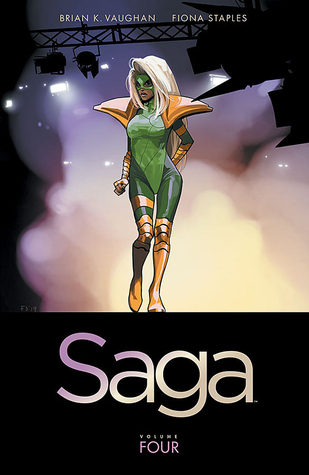
The first four are from Mum and Dad — and don’t worry, I know it’s the first two feature Cassandra Cain as Batgirl, and the third Barbara Gordon — and the two Saga volumes are from my little sis. <3
Non-fiction
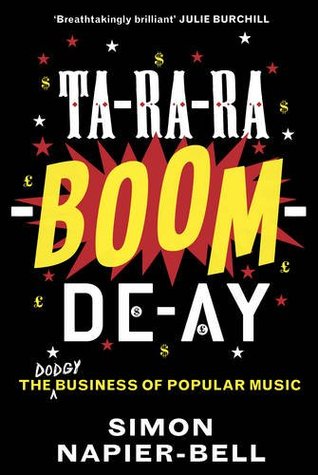

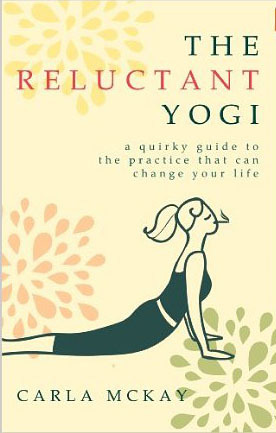
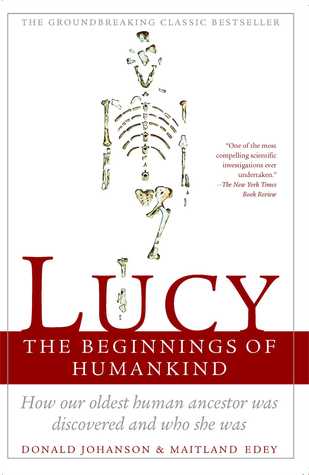
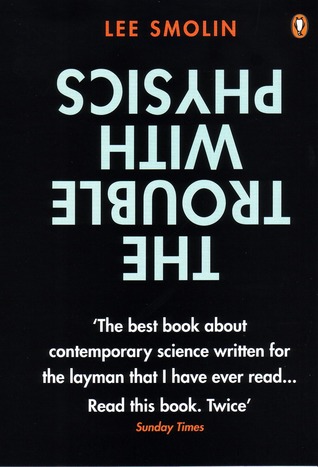
One of you lot recommended me The Trouble with Physics, and Dad got me that and the book on Lucy. The other three came from the Kindle sale.
Pure geekery
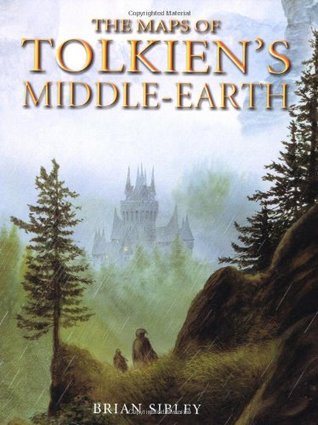
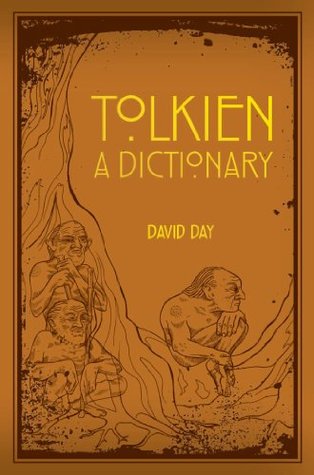
Little sister knows me well! Or, you know, remembered what I did some of my master’s work on.
Fiction
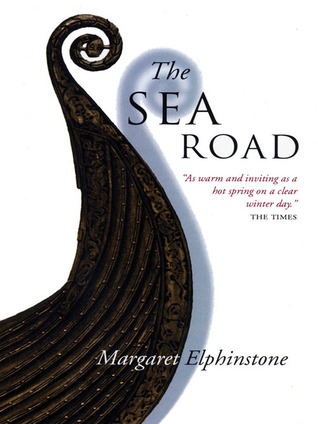
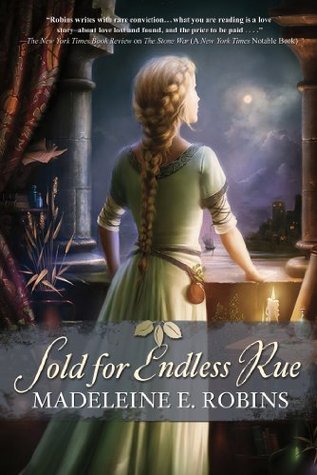
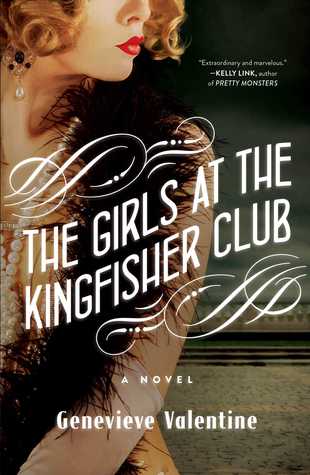
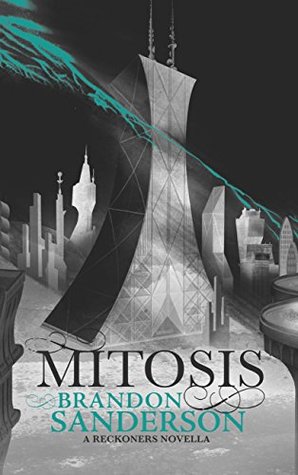
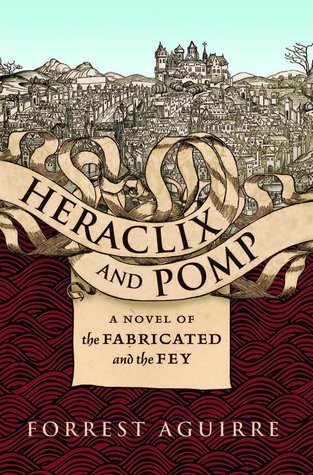
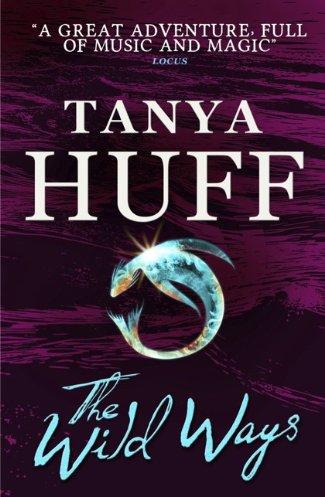
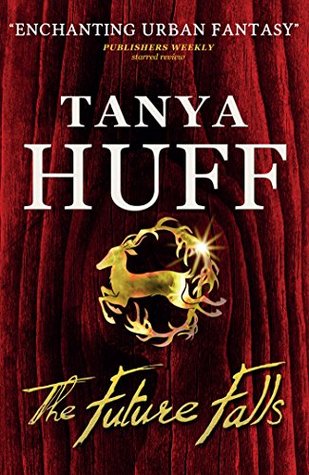
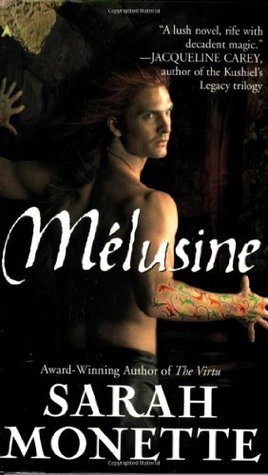
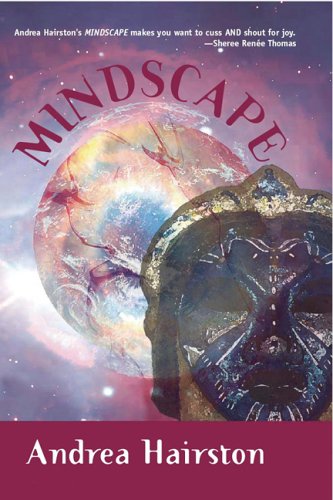
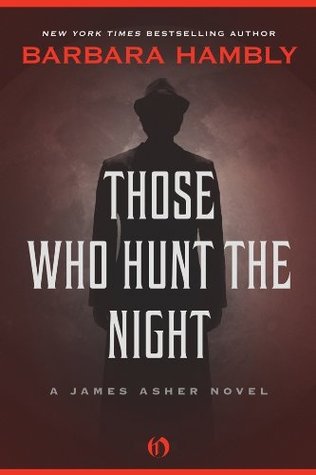
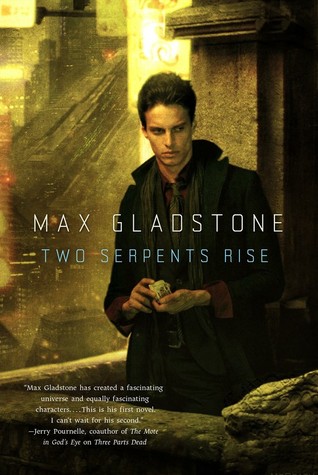
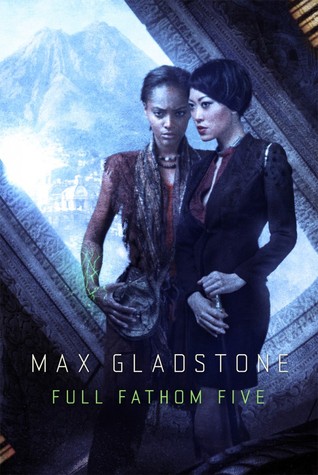
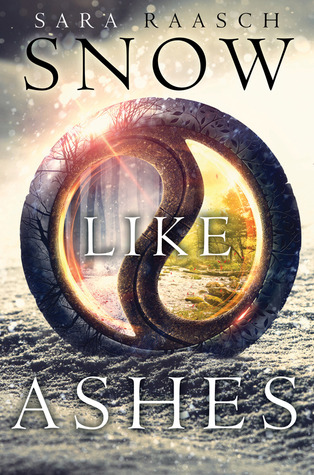
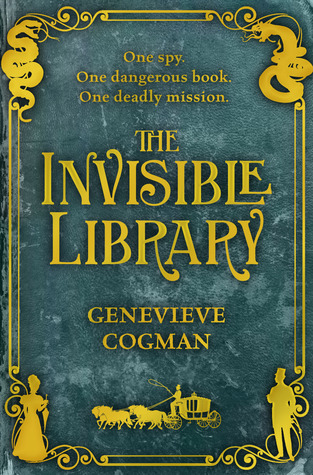
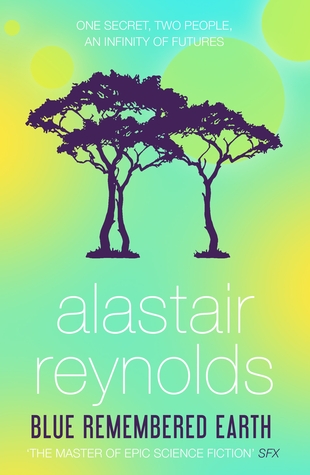
That’s a real mix of gifts, sales and randomness.
Audiobooks
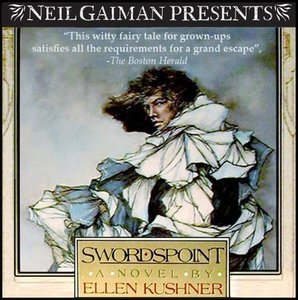
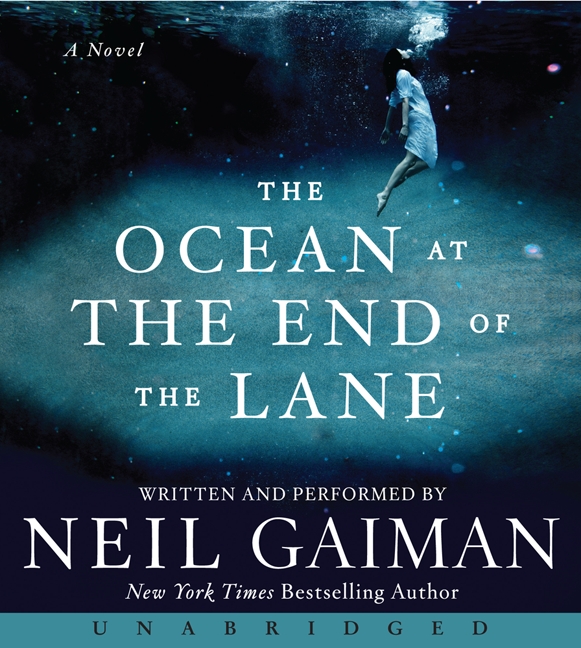
I had credits to spend.
I also got a £20 Waterstones gift card, which I’ll be spending today, so watch out for next week’s haul, too… What’s everyone else been getting?!
Tags: Alastair Reynolds, books, Brian Vaughan, comics, DC, J.R.R. Tolkien, Marvel, non-fiction, Stacking the Shelves
Posted December 23, 2014 by in Reviews / 4 Comments
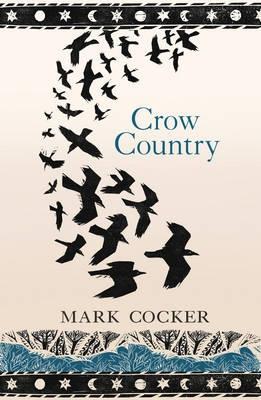 Crow Country, Mark Cocker
Crow Country, Mark Cocker
This is a book more about a personal, anecdotal, observational understanding of crows than a scientific one. It tells us, perhaps, as much about Cocker as about the corvids. It’s written in a lyrical sort of way, with plenty of Cocker’s own sense of wonder communicating itself through his breathless and admiring descriptions. I think he’s achieved what he set out to do, in that I want to go out now and find a rookery, watch some jackdaws, learn the differences between all the British corvids and their calls. It goes to show that you don’t just catch people’s interest with exotic birds: that there’s a lot of richness and mystery right under our noses.
I liked that he included references to crows in literature and imagination, the word-of-mouth descriptions of events like a rook’s parliament, etc. He indicates where this does seem likely to be mythical, and likewise where it might be rooted in fact, so that overall you get an image of the bird as we imagine it as well as the real creature.
I wonder if anyone who has read The Dark is Rising can read this book too without thinking about those attacking rooks, the birds of the Dark, and what Cocker would make of them…
Rating: 3/5
Tags: book reviews, books, non-fiction
Posted December 16, 2014 by in General / 12 Comments
This week’s theme from The Broke and the Bookish is “Top Ten Books I Read in 2014”. This one you can probably predict if you follow this blog, but I won’t leave you guessing. Also, links don’t show up on my theme very well, so I’ll just say now that all the titles are links to the reviews I wrote earlier in the year.





- The Goblin Emperor, Katherine Addison. Yep, you probably predicted this one. I just loved it to bits — I’d have happily gone back to page one and started all over again right away. I don’t think it’s for everyone, but it was pretty perfect for me.
- The King of Elf-land’s Daughter, Lord Dunsany. This is definitely not new to a lot of people, but it was new to me. I think I’d read one of Dunsany’s short story collections before, but not this one. It’s a lovely mythic/fairytale-like world. In style and the like, it’s not like the more typical modern fantasy, but that doesn’t put me off at all.
- We Have Always Fought, Kameron Hurley. I haven’t read any of Hurley’s fiction yet; she may even be a writer who appeals to me more as a commentator than as a creator, since I did start God’s War at one point and put it down again. But I loved this collection of her essays. She very much deserved her Hugo.
- My Real Children, Jo Walton. Again, probably predictable. I loved the characters in this — the sheer range of them, the ways small circumstances could change them. It was quite upsetting on a personal level because of the mentions of dementia, but the fact that it had the power to upset me only made me like it more.
- The Movement: Class Warfare, Gail Simone. I think this is a pretty timely comic. This sums it up, from my review: “[T]his is a group of young people getting together against injustice. Not supervillains: injustice. Crooked cops who beat poor people and POC because they can. The whole system of privilege and disprivilege. It’s a team of heroes for the Occupy Movement, for the 99%, for the disenfranchised.”
- Cuckoo Song, Frances Hardinge. Read this all in one go on a train journey and resented every interruption. There’s a great atmosphere to this book.
- Behind the Shock Machine, Gina Perry. I’ve always been fascinated by Stanley Milgram’s experiments, and this was a great way of delving into them — looking at it not from Milgram’s point of view, not looking at the results, but at the people he used in this experiment.
- What Makes This Book So Great, Jo Walton. This is kinda cheating, in that it’s a book chock full of the books Jo Walton likes. Not limited to a top ten, of course, but I have a feeling it could furnish the whole contents of this list.
- Spillover, David Quammen. Fascinating stuff, with some very obvious conclusions that apparently still need to be said. We are destroying habitats, forcing animals closer together and closer to us: we’re creating the perfect situation for a pandemic. It’s going to happen again, as it’s happened before, and we’ve just got to hope it isn’t something exotic and deadly. Even the flu is bad enough when it sweeps the world.
- The Broken Land, Ian McDonald. This is the only book in this list I didn’t give five stars. But it’s stayed on my mind the whole time, and the issues it examines aren’t temporary ones that’re about to go away.





This is gonna be a really interesting week to check out other people’s lists; I’m looking forward to this! Make sure you link me to your list if you comment. I’ll always visit and comment back.
Tags: books, comics, DC, Frances Hardinge, Gail Simone, Ian McDonald, Jo Walton, Kameron Hurley, non-fiction, SF/F, Top Ten Tuesday
Posted December 14, 2014 by in Reviews / 2 Comments
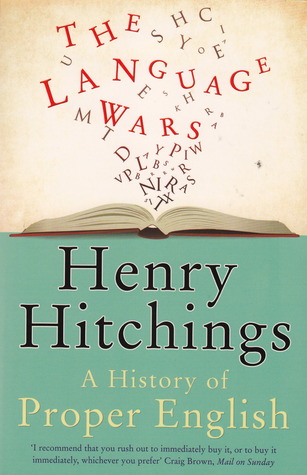 The Language Wars, Henry Hitchings
The Language Wars, Henry Hitchings
In theory, this is a subject I’m really fascinated by. The whole idea of ‘proper English’, all the classism and imperialism and prejudice caught up in it, and the way people’s attitudes to language have developed. However, turns out that either the minutiae of who wrote which grammar/dictionary/book about etiquette and when isn’t that interesting, or Henry Hitchings has a really boring prose style. Or, well, both of those things. I felt like there were a lot of facts, but not much analysis to go with it; some chapters felt like they were just lists of who wrote what about grammar and when.
I was hoping for other stuff about proper English, more about the imperialism — there’s lots of scope for that without even leaving the United Kingdom, with the suppression of the Welsh and Irish languages, and there’s hints about the struggle between US and UK English. Overall, though… if that was addressed, the deadened prose style made me miss it.
It’s still an interesting topic, but this particular book had a soporific effect on me.
Rating: 2/5
Tags: book reviews, books, non-fiction
Posted December 8, 2014 by in Reviews / 0 Comments
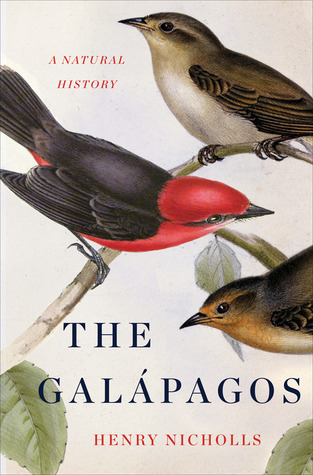 The Galápagos, Henry Nicholls
The Galápagos, Henry Nicholls
This isn’t a very substantial book, really: each chapter is fairly brief, and focused on a fairly broad swathe of the creatures living on the famous islands, often focusing on one or two representative examples when it’s a large family of critters. This works quite well for the layperson, avoiding going too in depth on any one subject that might become boring, while still offering an introduction to the wealth of variety and beauty in the Galápagos islands. A lot of it, of course, is related to Darwin and his theories, which are what have made the Galápagos so iconic for anyone with that kind of interest.
I did like the chapters which focus on the way humans have affected the islands. He seems fairly ambivalent about it, in a way: he hesitates to say that tourism is damaging the islands (probably because he’d be a hypocrite if he did!) but at the same time, he makes the impact quite clear.
Sometimes I do wonder about whether we can or should preserve species that are going extinct. In one sense, it’s often our own fault. We’re as much of a natural disaster as a massive meteorite strike. But maybe there should be a test applied first: if humans back off (after some captive breeding and releasing if necessary), can the population once again support itself? Or has the world just changed too fast for them? We can’t foresee all the ramifications, how and whether a species even can adapt. We could risk making a species that we value for its place in the wild into a species dependent on us, like the animals we’ve bred for food and convenience. If we do that, have we really saved the species after all? I don’t know. Sometimes I wonder; certainly I don’t think it’s unequivocally the right thing to do, and so some of the conservation aspects of this I disagreed with. Not the sentiment, but the practicality.
Rating: 4/5
Tags: book reviews, books, non-fiction
 Confronting the Classics, Mary Beard
Confronting the Classics, Mary Beard





























































